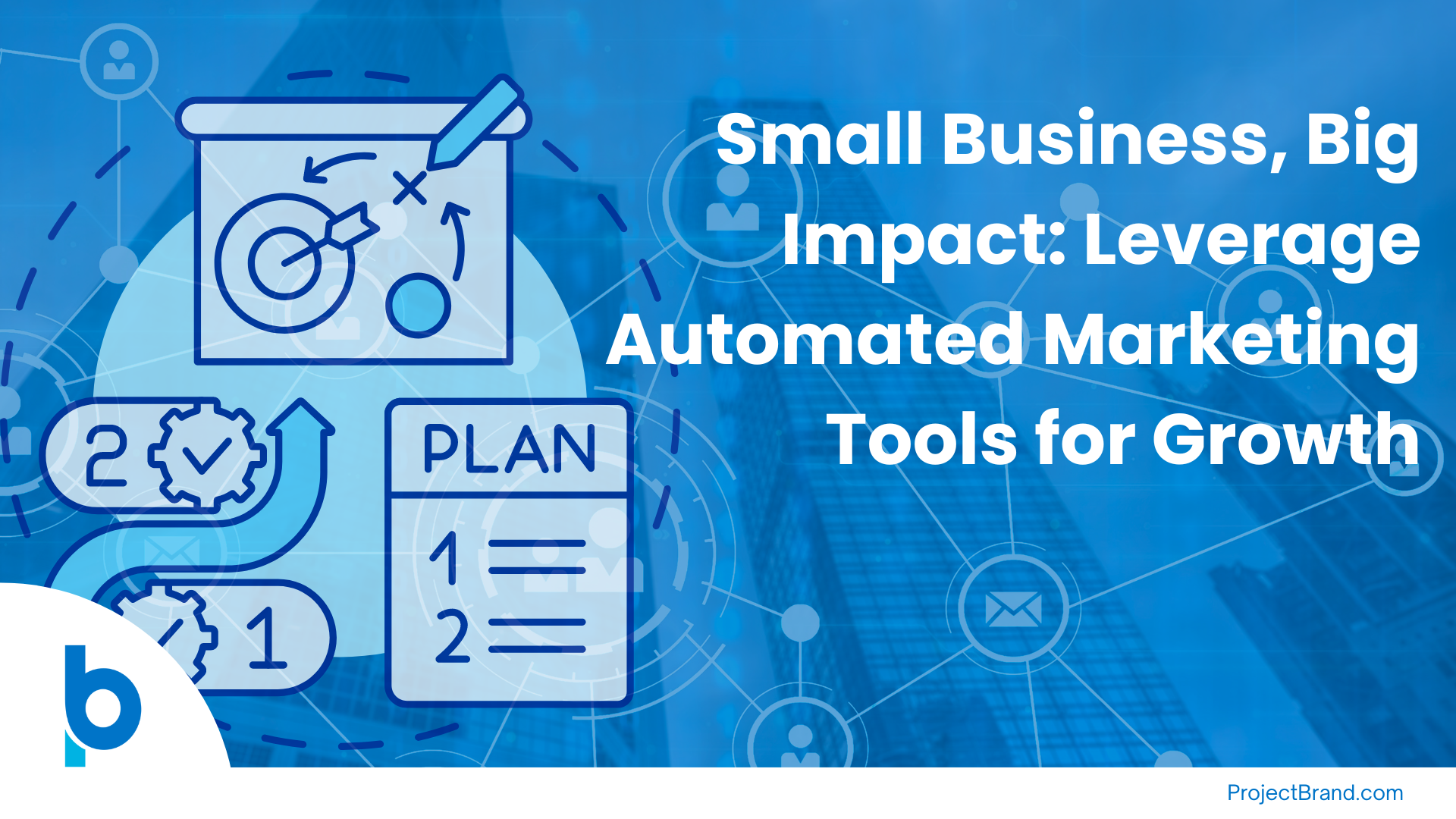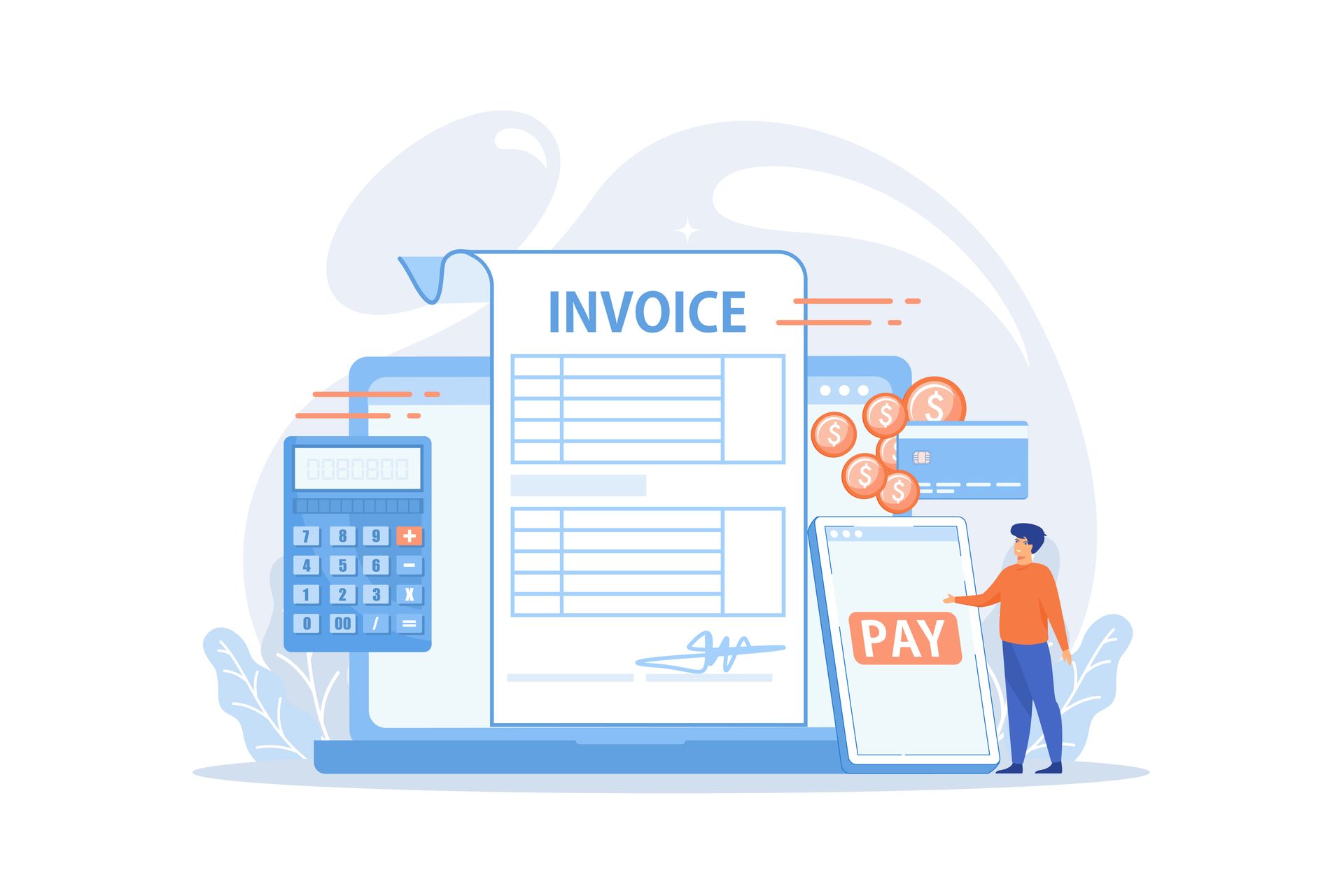Receive our Newsletter
Tools for Brand Managers: Streamlining and Enhancing Brand Management Processes
Establishing a strong and consistent brand is crucial for success in today's competitive business landscape. Brand managers ensure companies maintain a cohesive brand identity across all touchpoints. However, managing a brand can be complex and challenging, especially as businesses grow and expand.
This is where brand management tools come into play. These tools are specifically designed to streamline and enhance brand management processes, enabling brand managers to maintain consistency, improve efficiency, and deliver impactful brand experiences. In this article, we will explore the concept of brand management tools, their benefits, and who can benefit from using them.

What Are Brand Management Tools?
Brand management tools encompass a range of software and solutions that assist brand managers in effectively managing and maintaining their brand identity. These tools go beyond the initial stages of brand building, focusing on ongoing brand management tasks such as communication consistency, brand strategy, awareness, alignment, recognition, and communication. By leveraging these tools, brand managers can ensure that all stakeholders, including employees, customers, and partners, are aligned with the brand guidelines and deliver a consistent brand experience.
Building a Strong Brand Foundation
Before delving into the details of brand management tools, it's essential to understand the core components of building a solid brand foundation. These components include:
1. Name and Logo
Choosing a unique and memorable name for your brand is the first step toward building a solid brand identity. Additionally, designing a visually appealing and recognizable logo is crucial for brand recognition.
2. Brand Style
Defining your brand's style includes determining the colors, fonts, tone of voice, and visual elements that represent your brand. Consistency in these elements is vital for creating a cohesive brand identity.
3. Brand Positioning
Brand positioning refers to the unique space your brand occupies in the market. It involves identifying your target audience, understanding their needs, and differentiating your brand from competitors.
4. Mission and Vision
Crafting a compelling mission and vision statement helps define the purpose and direction of your brand. These statements should align with your brand's values and resonate with your target audience.
Once these foundational elements are in place, brand management tools can be utilized to manage and maintain the brand effectively.
Who Can Benefit from Brand Management Tools?
Brand management tools are beneficial for various stakeholders involved in the brand management process. These include:
1. Brand Managers
Brand managers are responsible for ensuring the consistency and integrity of the brand. They utilize brand management tools to streamline brand operations, automate administrative tasks, and create alignment within the entire organization.
2. Marketing Teams
Marketing teams play a crucial role in promoting the brand and attracting leads. Brand management tools assist marketing teams in maintaining consistency across various channels, managing the content lifecycle, and increasing content output.
3. Sales Teams
Sales teams rely on brand collateral to impress leads, build relationships, and close deals. Brand management tools provide sales teams easy access to on-brand content, eliminating the need to study brand guidelines in-depth or track down rights for customer quotes and case studies.
4. External Partners (Agencies, Resellers, Franchisers)
External partners, such as agencies, resellers, and franchisers, often need help creating brand collateral that aligns with the brand's guidelines. Brand management tools provide the support these partners need to develop promotional materials without compromising brand consistency.
The Essential Brand Management Toolset
Brand management tools come in various forms, each serving a specific purpose in streamlining brand management processes. Here are some essential brand management tools:
1. Digital Asset Management System (DAM)
A Digital Asset Management System (DAM) is a robust platform that allows brand managers to store, organize, manage, and distribute digital content, such as images and videos. DAM systems surpass file-sharing platforms by offering advanced search capabilities, ensuring brand consistency, and eliminating the need to search through folders.
2. Style Guide Creation Tools
Style guide creation tools enable brand managers to create, store, and share brand guidelines in a centralized location. These tools make it easy for stakeholders to access and follow brand guidelines, ensuring consistency in branding efforts.
3. Locked Content Templates
Locked content templates empower teams to create on-brand content without the need for design skills. These templates allow users to customize pre-designed layouts while maintaining brand consistency, saving time and effort in content creation.
4. Brand Kit and Brand Guidelines
Brand kits and guidelines provide a comprehensive overview of a brand's visual assets, including logos, colors, fonts, icons, and imagery. These tools ensure all stakeholders can access the latest brand assets and understand how to use them correctly.
5. Design Import and Magic Resize
Tools that enable the easy import of various file types and the ability to resize designs for different platforms help streamline the content creation process. Brand managers can quickly adapt designs for other channels, saving time and resources.
6. Real-time Collaboration and Design Approval Workflows
Real-time collaboration tools allow team members to collaborate on designs, provide feedback, and assign tasks in a centralized platform. Design approval workflows ensure that all designs meet brand guidelines and receive appropriate approvals before publication.
Introducing Canva: Your All-in-One Brand Management Solution
One of the leading brand management solutions available today is Canva. Canva offers a comprehensive suite of tools designed to streamline brand management processes and empower brand managers to create impactful content. Let's explore some of the key features and benefits of using Canva for brand management:
1. Scale Branded Content Quickly and Easily
Canva's brand management tools enable creative teams to scale branded content without sacrificing creativity or budget. With Canva, you can create on-brand content at scale, whether for social media, presentations, or data visualization.
2. Maintain Consistency with Brand Templates
Canva allows you to design and share brand templates, ensuring your team can easily create compelling, on-brand content. You can maintain consistency across all designs by locking specific elements like logos and backgrounds.
3. Video Editing Made Easy
Creating engaging videos is a breeze with Canva's drag-and-drop video editing tools. Whether you're creating short-form social posts or demo videos, Canva provides a user-friendly interface that allows you to edit videos and add brand elements seamlessly.
4. Captivate Your Audience with Presentations
Canva offers a vast library of images, videos, graphics, audio, and video tracks to create captivating presentations. With Canva, you can deliver visually stunning presentations that align with your brand's identity.
5. Bring Data to Life with Data Visualization
Data visualization is essential for communicating complex information effectively. Canva integrates with tools like Flourish to create beautiful charts and interactive data visualizations that bring your data to life.
6. Brand Kit and Guidelines at Your Fingertips
Canva's brand management tools allow you to showcase your brand's logos, colors, fonts, icons, imagery, graphics, and internal guidelines in one centralized location. This ensures that your team has easy access to the latest brand assets and follows brand guidelines consistently.
7. Streamlined Collaboration and Approval Workflows
Canva simplifies collaboration by providing real-time co-designing capabilities, centralized feedback, and task assignment. Design approval workflows can be customized to align with your brand's processes, ensuring that all designs receive approvals before publication.
8. Seamless Integration with Other Tools
Canva integrates with popular social media platforms like Twitter, Pinterest, LinkedIn, and Tumblr and marketing tools like HubSpot, Mailchimp, and Google Drive. This integration allows for seamless content creation and distribution across multiple channels.
Choosing the Right Brand Management System
When selecting a brand management system, it's crucial to consider the user experience and functionality that align with your team's needs.
A user-friendly interface, advanced search capabilities, AI assistance, and open API integration are essential features to look for. Canva's brand management solution offers all these features and more, making it a comprehensive and user-friendly option for brand managers.
Conclusion
Brand management tools are indispensable for managers who streamline and enhance their brand management processes. These tools enable brand managers to maintain consistency, improve efficiency, and deliver impactful brand experiences. Canva's brand management solution offers a wide range of tools designed to simplify content creation, collaboration, and brand consistency.
By leveraging the power of Canva, brand managers can unlock their team's creativity, maintain brand integrity, and drive brand success.
Discover the world of Canva's brand management tools today and take your brand to new heights!











